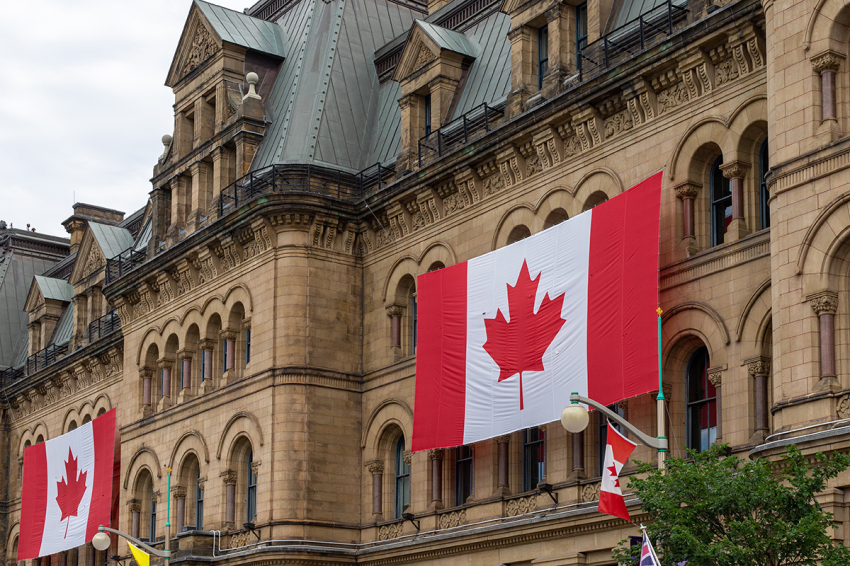Canadian human rights report claims Christmas, Easter examples of 'systemic religious discrimination'

A Canadian government panel in charge of human rights law says celebrating Christmas and Easter holidays could be seen as a form of “religious intolerance.”
In a paper released last month, the Canadian Human Rights Commission (CHRC) cited Christianity’s two biggest holy days as examples of “present-day systemic religious discrimination” because they are statutory holidays in Canada.
According to the “Discussion Paper on Religious Intolerance” paper published on Oct. 23, “discrimination against religious minorities in Canada is grounded in Canada’s history of colonialism,” which, the paper states, finds its most “obvious example” in Canadian statutory holidays “related to Christianity.”
Because Christmas and Easter are the only Canadian statutory holidays linked to religious holy days, the report argues that “as a result, non-Christians may need to request special accommodations to observe their holy days and other times of the year where their religion requires them to abstain from work.”
Describing Canada’s history with “religious intolerance [as] deeply rooted in our identity as a settler colonial state,” the report appears to associate Christian churches with 20th century efforts to teach 150,000 Canadian Indigenous children through “compulsory boarding schools” funded by the Canadian government.
“At these schools, Indigenous children were subjected to forceful conversion to Christianity as their spirituality was framed as being superstitious or a form of witchcraft,” the report states. “They were depicted as inferior beings to justify the violence and discrimination brought against them by colonizers.”
The paper goes on to highlight what it describes as Canadian social preferences, which are “constructed in a way that places value on certain traits or identities to the exclusion of others — for example, white, male, Christian, English-speaking, thin/fit, not having a disability, heterosexual, gender conforming.”
While religion is not defined under the Canadian Human Rights Act, it is listed as one of the prohibited grounds of discrimination, along with race, age, gender identity, and others.
Some of the most common forms of religious intolerance, according to the report, include the use of physical or verbal attacks on religious symbols “such as hijabs, turbans, and kippahs.”
“When these symbols are attacked — whether physically or verbally — the violence and trauma is the same,” the paper states. “It is a compounded trauma resulting from the attack itself that is in addition to the fear of being able to openly practice and represent one’s religion.”
The report also lists what it describes as “everyday manifestations of religious tolerance,” including “microaggressions” that can range from the verbal to the “behavioral.” Some examples listed in the report include “scheduling team meetings on Jewish or Muslim holy days” and “assuming that a Muslim person is new to Canada.”
In order to combat religious intolerance, the paper recommends Canadians familiarize themselves with “diverse religious days or cultural days of significance that go beyond those linked to statutory holidays,” such as Christmas or Easter.
Pointing to “both domestic and international obligations to protect Canadians” from religious intolerance, the report concludes by stating “all Canadians must first acknowledge Canada’s history of religious intolerance, and more importantly, its existence today” in order to make Canada “more inclusive and accepting.”
Despite the rhetorical calls for religious inclusion, Canada controversially adopted a law in January known as the “anti-conversion therapy law,” which essentially condemns the biblical view on human sexuality.
Bill C-4, which was passed unanimously, states that the biblical view on sexuality “propagates myths and stereotypes about sexual orientation, gender identity and gender expression, including the myth that heterosexuality, cisgender gender identity, and gender expression that conforms to the sex assigned to a person at birth are preferred over other sexual orientations, gender identities and gender expressions.”
Ian M. Giatti is a reporter for The Christian Post and the author of BACKWARDS DAD: a children's book for grownups. He can be reached at: ian.giatti@christianpost.com.



























